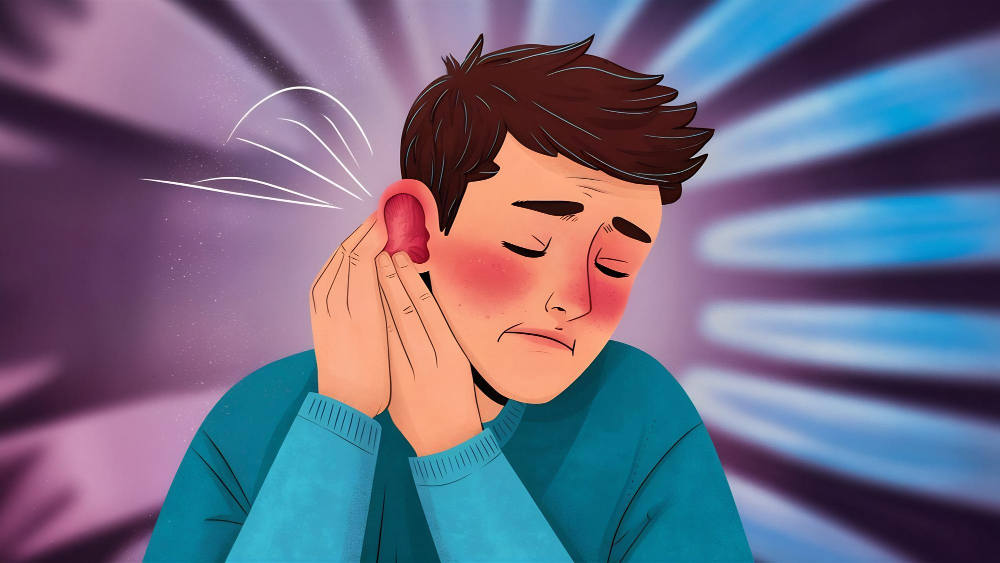Ear discharge, also called otorrhea, is any fluid that comes out of the ear. While some ear discharge is normal, other types may signal an infection or injury. Because ear discharge can affect hearing and comfort, it is important to know what causes it and how to manage it. In this blog, we will explain the causes, symptoms, diagnosis, treatment, and prevention of ear discharge. We will also tell you when to see a doctor for this condition.
What is Ear Discharge?
Ear discharge is fluid that drains from the ear canal. Sometimes, this fluid is just earwax, which helps keep the ear clean. However, ear discharge can also be pus, blood, or clear fluid. This may happen because of an infection, injury, or other health problem. For most people, ear discharge is a sign that something is wrong inside the ear. Therefore, it is important to pay attention to any changes in ear drainage.
Common Causes of Ear Discharge
There are several reasons why you might have ear discharge. Some causes are mild, while others need quick medical care. Here are the most common causes:
Symptoms Associated with Ear Discharge
Besides fluid coming from the ear, you may notice other symptoms. These can help your doctor find the cause. Common symptoms include:
Sometimes, symptoms are mild. However, if you have severe pain, high fever, or blood in the discharge, seek medical help right away.
How Ear Discharge is Diagnosed
Doctors use several steps to find out why you have ear discharge. First, they will ask about your symptoms and health history. Next, they will look inside your ear with a special light called an otoscope. This helps them see if there is redness, swelling, or a hole in the eardrum. Sometimes, doctors may take a sample of the discharge to check for bacteria or other germs. In rare cases, they may order hearing tests or scans if the problem is serious or keeps coming back. According to the CDC, early diagnosis helps prevent complications.
Treatment Options for Ear Discharge
Treatment depends on the cause of the ear discharge. Here are some common options:
Never put cotton swabs or objects in your ear, as this can make things worse. Always follow your doctor’s advice for treatment.
Prevention Tips for Ear Discharge
While not all cases can be prevented, you can lower your risk with these tips:
By following these steps, you can help protect your ears from infection and injury.
When to See a Doctor
Most mild ear discharge goes away with simple care. However, you should see a doctor if:
If you or your child has ear discharge, do not ignore it. Consult a healthcare professional at Madhava Nursing Home for personalised advice. Your doctor will help identify the cause and recommend the best treatment for you.

